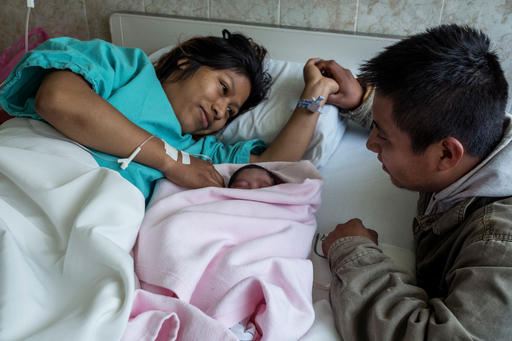The problem
Severe bleeding after childbirth is the leading cause of maternal death. Nearly all the women who die of postpartum hemorrhage – the clinical term for this event – live in low- and middle-income countries.
Tranexamic acid (TXA) is a World Health Organization (WHO)-recommended treatment that can safely reduce deaths from bleeding by one-third. Although TXA is widely available in low- and middle-income countries, the need to administer it intravenously means that clinics without the infrastructure or trained staff cannot currently provide this medicine; greatly limiting its potential.
Our response
The TRANSFORM project is a non-inferiority trial evaluating the simplified administration of TXA. By generating and disseminating evidence to inform a WHO recommendation on intramuscular administration, this investment could enable the use of the lifesaving drug at lower levels of the health system.
Collectively with the other projects in our postpartum hemorrhage portfolio, the TRANSFORM project aims to reduce maternal death, which disproportionately affects women in low- and middle-income countries, especially those who lack access to quality care due to poverty, geography or cultural barriers.
Tranexamic acid
An effective medicine that averts death in women who experience extreme blood loss after giving birth.








